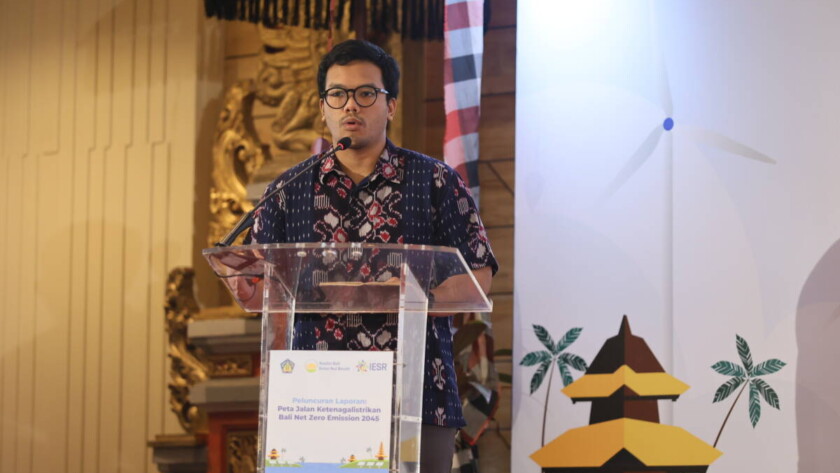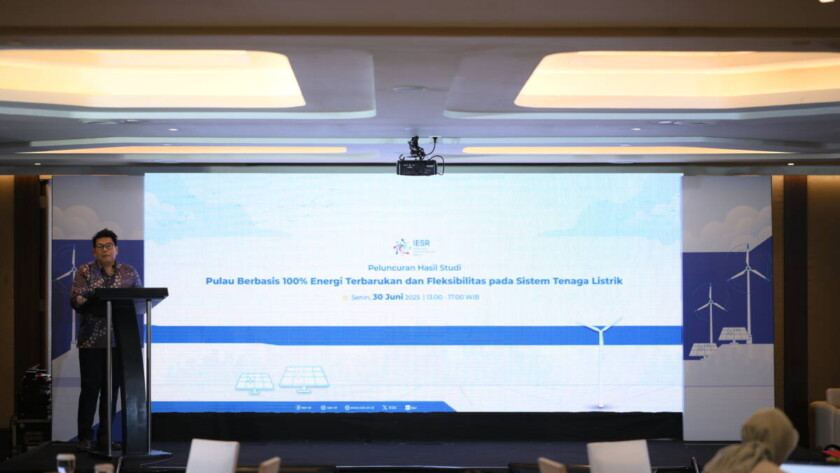Denpasar, July 15, 2025 - With reference to the values of Nangun Sat Kerthi Loka Bali, Bali Province strives to encourage energy independence and reduce emissions and pollution of air, land and water. To make this happen, on August 4, 2023, the Bali Provincial Government, supported by the Institute for Essential Services Reform (IESR), declared…




